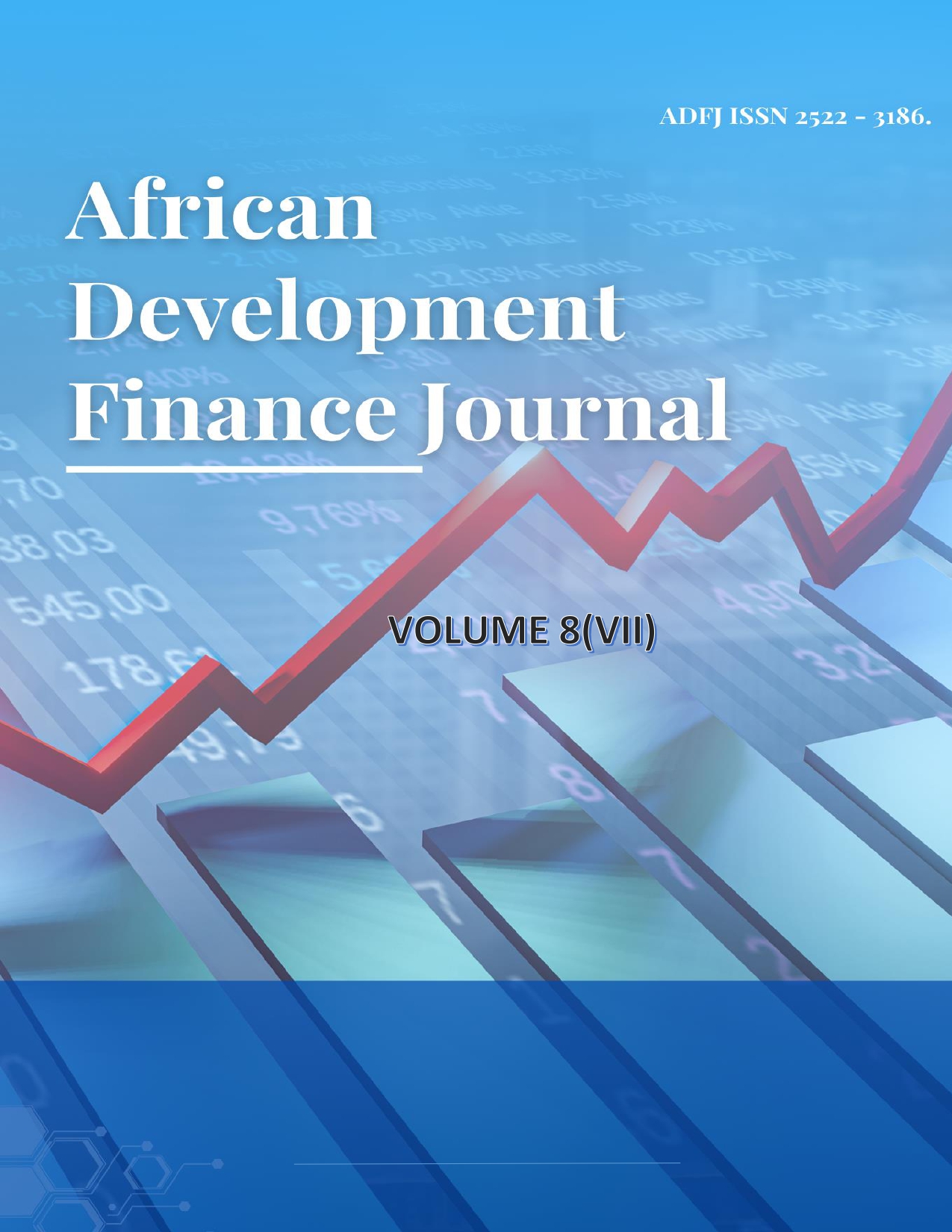Enhancing Transport Logistics Efficiency through Public-Private Partnerships: The case of Isaka Dry Port along Tanzania’s Central Corridor
Abstract
This study investigates the impact of Public–Private Partnerships (PPPs) on transport logistics efficiency, with a specific focus on Isaka Dry Port along Tanzania’s Central Corridor. The study used mixed-methods design, the research integrates quantitative analysis with qualitative insights multiple regression analysis revealed that PPP implementation significantly reduced cargo clearance time by over 52%, transport costs by 30.6%, and container dwell time by 56.9%. Thematic analysis of interviews highlighted operational discipline, ICT-driven innovation, and improved multimodal integration particularly rail as critical success factors. These findings affirm the value of PPPs in addressing infrastructural and institutional limitations, supporting both the Technological Innovation Theory and Institutional Theory. The study concludes that PPPs can be instrumental in transforming dry port performance when embedded in sound policy, cross-border coordination, and regulatory oversight frameworks. It recommends expanding the PPP model to other inland logistics hubs and strengthening regional digital trade infrastructure to improve corridor-wide logistics performance.
Keywords: Public–Private Partnerships (PPPs), Transport Logistics Efficiency, Cargo Clearance Multimodal Integration

